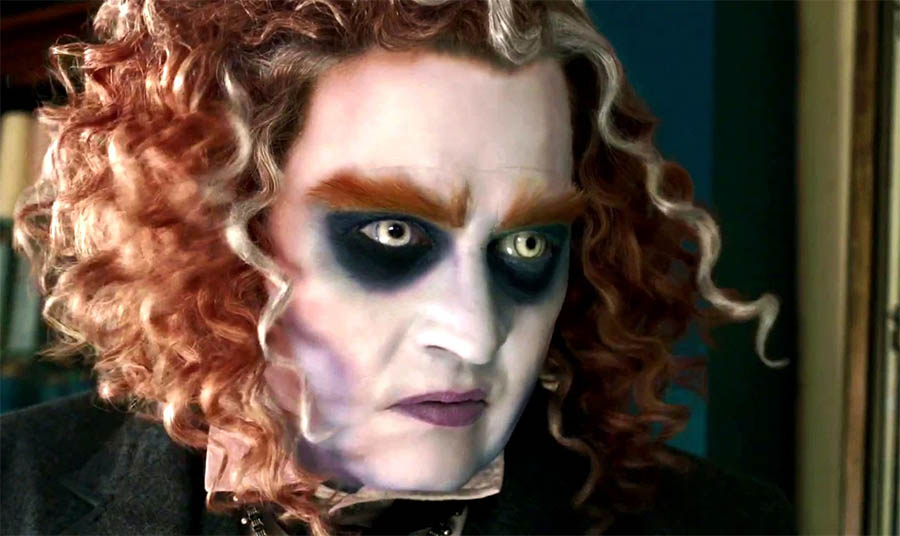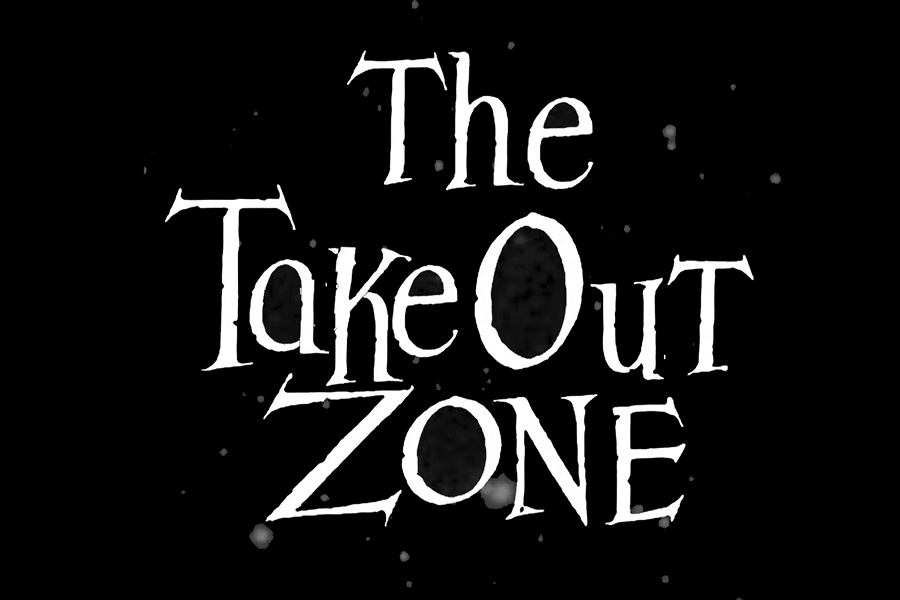By Caleb Duncan
We have all heard the story before. A beautiful young girl makes the mistake of going home with a stranger. It happens, right? That is what we tell ourselves. Unfortunately, what ‘happens’ can be a lot more than what you drunkenly bargained for. This was this case for Samantha who, after a one night stand, contracted some kind of sexually-transmitted disease. On top of her social life eating away at her, the new-found disease appears to be doing the same thing.
I should stop here and remind everyone that this is a movie review, with some spoilers. So be careful.
Samantha’s life appears to be falling apart. Her girlfriend has left her and her Mother tries to be supportive, but Samantha won’t have that, because she believes her Mother’s disdain over her recent foray into Lesbianism blocks her from being able to provide any kind of emotion or financial support. Literally every single friend she has wants to hook up with her. On top of all of this, she also is an aspiring botanist who is urgently waiting for her acceptance into a competition that will some how solve all of her problems. With all this on a girl’s plate she just wants to let loose. So… she does. Samantha believes she contracts a sexually transmitted disease from a stranger, but as the film progresses, her body begins to decay in a way that I can only describe as ‘zombification.’ The stranger’s story begins its own decay as well. Samantha soon learns that the police are looking for this man who we never get to accurately see; thanks to some clever directorial efforts on Eric England’s part. By the end of the film, Samantha’s transformation is complete. From aspiring botanist to aspiring flesh-eater.
The idea of not letting the audience really identify with this stranger makes the film that much more compelling. It can be anyone who seems harmless or innocent. As Samantha slowly began to learn that this stranger gave her something much more evil, and as I saw the effects on her body, I began my own slow realization that this girl will not have a happy ending. And I liked that.
I know what you’re thinking. “Caleb, that’s not cool, man.” Yes it is, and I’ll tell you why. American culture revolves around happy endings in film. The audience wants to leave the theater with a feeling of hope or closure. Films that do not do this very often for fear of losing potential producers and potential fans. You may notice that main stream films usually provide some kind of closure to the story line in order to wrap up for the audience because they are generally too lazy to work much more at figuring out the details for themselves. Contracted ended horribly, but I was pleasantly surprised at England’s script (He wrote and directed). This film carried a certain air of professionalism to it that you may not usually see in an independent feature. I found it incredibly easy to pay attention to the story, because it was fresh, and done right. England brought a sort of a very Wes Craven-like approach to this film. An air of thin realism could be found nuanced throughout the film. When I say Wes Craven and realism, I am of course speaking of films such as Red Eye and The Last House on the Left. I knew something paranormal was happening, but every aspect of it seemed like it could be happening down the street from my apartment. Worth noting is the film was actually shot in Los Angeles, so I am not too far off with that statement. The subtlety of giving information to the viewer about the disease also proved to heavily benefit the film. The idea of keeping the main issue practically a secret for most of the movie can usually be damaging as you will see in most reviews. However, for this movie it worked quite well in the end.
The technical aspects surrounding the film were equally impressive as the story was which helped with that air of professionalism I referred to. The sets were simple and real, as was the light that sometimes got distorted when Samantha became distorted from reality. The camera did it’s tilts and turns to keep everything from staying on a level base.
The only thing that truly bothered me what the lack of attention on Samantha’s fantastic make-up. The make-up department team did a remarkable job of showing the slow process of turning into a zombie on screen. More attention should have been paid to it. Samantha does a crappy job of hiding the fact that her face is falling apart, and what is worse is the fact that no one seems to notice until the last ten minutes of the film. “I have pink eye” was Samantha’s excuse. Really? REALLY? Both of your eyes are completely red, and your lower lip is falling off, and you tell me it’s pink eye? I’m not buying that for one minute. I understand she needed to mingle with the other characters to create an interesting story, but there must be better ways around that little snafu.
Another potentially weak component of the film I found was in actress Najarra Townsend (“Stars and Suns”). A heavy role for anyone I am sure, but I could not believe Townsend’s performance as much as I wanted to. I saw forced emotions all over her face whenever a crucial moment was happening for Samantha. It is as those times that you really need to reel in your audience, but I felt pushed away. Unfortunately, Townsend held the most responsibility as our lead girl, but luckily she received support from the supporting cast. Actors like Caroline Williams (“Days of Thunder,” “How the Grinch Stole Christmas”) and Alice MacDonald provided a sound structure for the storyline and I found myself relieved when they were on screen.
Overall, I would highly recommend Contracted to anyone who is a fan of non-conventional horror films. It doesn’t feel like that until you get towards the end, but it really creeps up on the viewer and explodes in the film’s climax. I would also recommend keeping an eye on Eric England and his work, because I have a feeling he is going to take this theme and run with it and explore new modes of horror in his upcoming projects.











